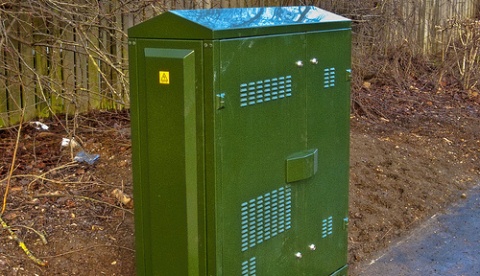
The internet is a vital part of modern life, allowing you to work, learn, and connect with others from almost anywhere in the world.
However, for many people in rural areas of the UK, accessing reliable internet is still a significant challenge.
This digital divide is a major issue that needs to be addressed, as access to the internet is crucial for social and economic development.
In this article, you’ll take a closer look at the state of rural Internet UK and explore some of the efforts made to connect the unconnected.
The Challenge of Rural Internet Access
In many parts of the rural UK, broadband and mobile coverage is often slow and unreliable, leading to difficulties in accessing essential services and limiting opportunities for businesses and individuals.
According to a report by Ofcom, nearly 1.4 million households in rural areas of the UK still don’t have access to a decent broadband connection.
This is a significant issue, as the internet is increasingly essential for accessing education, healthcare, and other vital services.
The Impact of the Digital Divide
The digital divide between urban and rural areas significantly impacts the quality of life for people living in rural areas.
Without access to the Internet, people in rural communities are at a disadvantage when it comes to accessing education, training, and job opportunities.
They also may struggle to access essential services such as healthcare and banking, which are increasingly moving online.
The lack of connectivity also affects businesses in rural areas, making it difficult to compete in a digital economy.
Efforts to Connect the Unconnected
There are several initiatives underway to tackle the issue of rural internet access.
The UK government has set ambitious targets for universal coverage of gigabit-capable broadband by 2025, which will require significant investment in digital infrastructure in rural areas.
In addition, the government has launched a £200 million Rural Gigabit Connectivity programme, which aims to provide full-fibre broadband to over one million homes and businesses in the hardest-to-reach areas of the UK.
Private companies are also taking steps to improve rural internet access.
For example, BT’s Openreach division is working on a project to bring full-fibre broadband to 20 million UK homes and businesses by the mid-2020s, including those in rural areas.
Other companies, such as Vodafone and EE, are expanding their mobile coverage in rural areas, making it easier for people to stay connected while moving.
Community-led initiatives are also making a difference.
In some areas, local communities have come together to fund their own broadband projects, such as building their own networks or working with providers to improve coverage.
These projects have successfully brought high-speed broadband to areas that would otherwise be left behind.
The Future of Rural Internet
While progress is being made in connecting the unconnected, there is still a long way to go.
The COVID-19 pandemic has highlighted the importance of digital connectivity, and rural communities need for reliable internet access has never been greater.
As more services move online, everyone must have the same opportunities to access them, regardless of where they live.
Broadway Broadband explains, “You don’t have to pay a huge amount just to have a nice broadband and internet, so shopping around is very important.”
The digital divide between urban and rural areas of the UK is a significant challenge that needs to be addressed.
Access to reliable internet is essential for social and economic development and ensuring everyone has the same opportunities to access essential services and job opportunities.


















Recent Comments